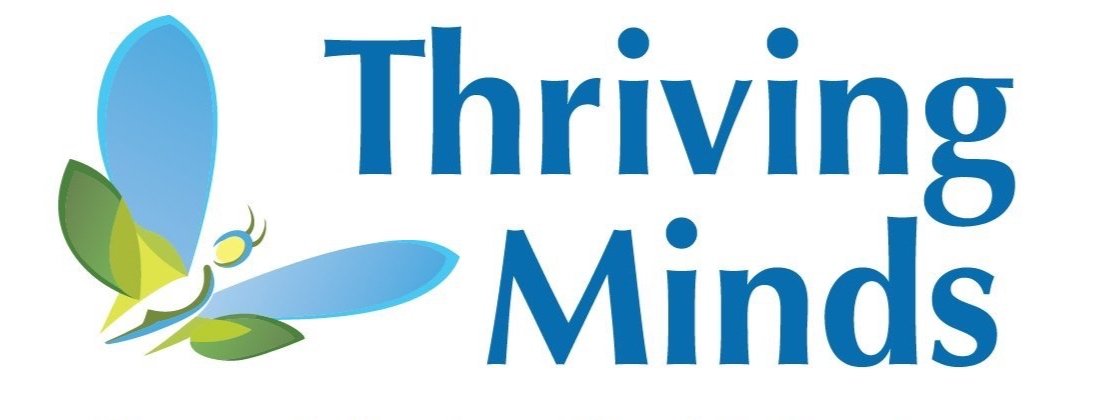Laying the Groundwork: The Importance of Parent Training
Recently, there’s been a growing focus on parent training and interventions aimed at supporting parents in the fields of psychology and education. Research keeps showing us just how important parents are in shaping their children’s behavior, emotions, and academic success. Effective parent training programs not only enhance parenting skills but also help us tackle behavioral challenges, anxiety disorders, and boost academic performance. In this article, we will discuss the ways in which professionals are using parent training to support children and adolescents.
Addressing Behavioral Challenges
When parents seek treatment for their child, it can often be because they have started to see difficult behaviors like aggression or defiance. Parents seek support from clinicians and educators alike to find a way to address these challenges. A recent meta-analysis by Kaminski and Claussen (2017) found that parent training programs that include strategies like positive reinforcement, consistent discipline, and good communication can really make a difference in reducing disruptive behaviors. These tools help parents manage their child’s behavior constructively, creating a more peaceful home environment. This is especially important for kids with ADHD, who can benefit from positive reinforcement and clear consequences.
One effective program to highlight is the Everyday Parenting intervention developed by Alan Kazdin. This program is designed to help parents develop practical skills to improve their child’s behavior in everyday situations. It focuses on using positive reinforcement, setting clear expectations, and consistent follow-through. Parents learn how to create a more structured environment and implement strategies that can lead to lasting improvements in their child's behavior. The Everyday Parenting program is sometimes offered for free, making it a more accessible option.
Treating Anxiety Disorders
Anxiety disorders are on the rise among kids, affecting about 7% of children aged 3 to 17 in the U.S. (CDC, 2020). We’re seeing that involving parents in treatment is crucial for better outcomes. For example, a study by Kendall et al. (2008) showed that children whose parents were trained in anxiety management strategies experienced greater reductions in symptoms.
One standout program in this area is the Supportive Parenting for Anxious Childhood Emotions (SPACE) program. This approach specifically teaches parents how to provide support in a way that helps their kids face their fears without enabling avoidance. By coaching parents to respond effectively to their child's anxiety, SPACE fosters a more supportive environment where children feel encouraged to confront challenges. It emphasizes the importance of balancing support with encouraging independence, which can be transformative for kids dealing with anxiety.
When parents understand their child’s anxiety, it helps create a supportive space where kids feel more comfortable facing their fears. We can help parents break the cycle of avoidance, which is key to reducing anxiety in our young clients.
Supporting Academic Success
Academic success is closely tied to a child’s emotional and behavioral well-being. Research has shown that when parents are actively involved in their child’s education—whether it’s helping with homework or communicating with teachers—it really boosts academic achievement. A review by Fan and Chen (2016) underscores this point.
Parent training programs can help parents create a positive learning environment at home. This means establishing routines, setting realistic expectations, and encouraging kids to take charge of their own learning. These skills are particularly important for children who struggle with learning or executive functioning. By building their confidence, parents become valuable partners in their kids’ education.
Conclusion
Overall, integrating parent training into our therapeutic and educational practices is essential for supporting kids' emotional, behavioral, and academic well-being. We know from research that these programs not only address immediate challenges but also lay the groundwork for long-term success. By equipping parents with the right tools, we can create a nurturing environment for children to thrive.
At Thriving Minds, we’re committed to including parents in their child’s treatment. One program we are particularly excited to offer is our new ADHD program. This is a 7-10 session, solution focused, and therapist led parent training program that gives parents the knowledge and tools they need to support their child with ADHD symptoms. The program offers a brief introduction to ADHD and its treatment before diving into effective strategies for managing behavior, establishing routines, and connecting to supports at school. The benefit of a clinician-driven parent training program is that parents experience a sense of accountability and can problem solve with the clinician. Click here for more information.
Looking for More Opportunities to Learn and Connect?
Attend Unlocking the Mystery of Selective Mutism on October 25th to learn more about Selective Mutism and its treatment! Dr. Aimee Kotrba will be discussing how to identify and assess for Selective Mutism and what school and mental health professionals can do to help. Find more information here.
Catch our very own Katelyn Reed on The Testing Psychologist! She recently discussed intensive outpatient treatment models with Dr. Jeremy Sharp. Topics included the history and role of intensive interventions at Thriving Minds, research evidence for intensive treatments, and logistics of implementing intensive treatment in practice more broadly. You can listen to the episode here or on Spotify.
References
Centers for Disease Control and Prevention. (2020). Data and Statistics on Children's Mental Health.
Fan, X., & Chen, M. (2016). Parental involvement and students' academic achievement: A meta-analysis. Educational Psychology Review, 28(4), 659-676.
Kaminski, J. W., & Claussen, A. (2017). Parent training: A review of the evidence. Clinical Child and Family Psychology Review, 20(2), 164-182.
Kendall, P. C. (2008). Cognitive-behavioral therapy for anxiety disorders in children: A randomized controlled trial. Journal of Consulting and Clinical Psychology, 76(2), 259-264.

